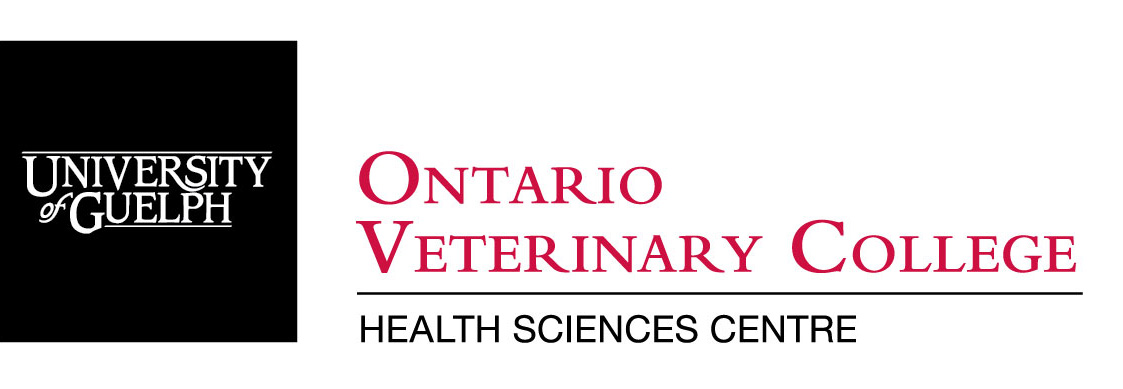Companion Animal Reproduction – Theriogenology
The Companion Animal Theriogenology Service is comprised of a board-certified specialist (Theriogenologist), residents, veterinary students, and a specialty veterinary technician.
What is a Theriogenologist?
Theriogenologists are specialists in animal reproduction. We study the reproductive physiology and pathology of both male and female animals, which includes gynecology, obstetrics, andrology and assisted-reproductive technologies.
What services do we offer?
The Companion Animal Theriogenology Service provides referral and in-hours emergency reproductive services. Currently, routine breeding services are not available (ovulation timing, breeding management and assistance, etc.).
The Theriogenology Service is also available to speak with referring veterinarians seeking assistance with reproductive cases within their practice.
Specialized Equipment
Ultrasound, rigid endoscope for vaginal, trans-cervical and uterine evaluations, vaginoscopy, SpermVision Computer-Aided Semen Analysis.
How to book and appointment?
At this time, only referral and in-hour emergencies will be seen by the Companion Animal Theriogenology Service. Please discuss a possible referral with your veterinarian. If a referral is recommended by your veterinarian, they will contact us to arrange the appointment and a member of our team will follow-up with you to discuss the appointment details.
What to Expect During Your Visit
Generally speaking, the majority of Theriogenology cases are seen on an outpatient basis, and / or are seen in conjunction with other OVC HSC Services e.g., Internal Medicine Service or Surgery Service. Depending on the nature of the appointment, your animal may need to stay for the day, overnight or even return the next day. We value your time, thus every effort will be made to accommodate your schedule.
The Theriogenology service functions within the OVC HSC, which is a teaching hospital; therefore, clinical teaching of veterinary students and graduate students (residents) is part of our service objective.
Veterinary students and residents will often be present as we examine cases, participating in case management. They will often be involved in communicating with clients such as, in taking a patient history, sharing diagnostic findings, and suggesting treatment options.
